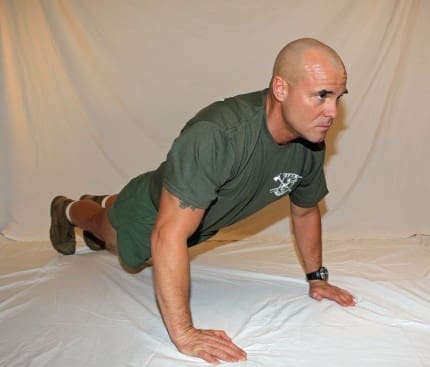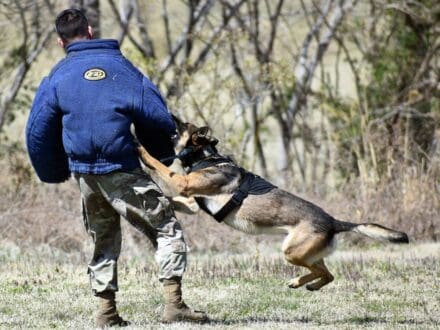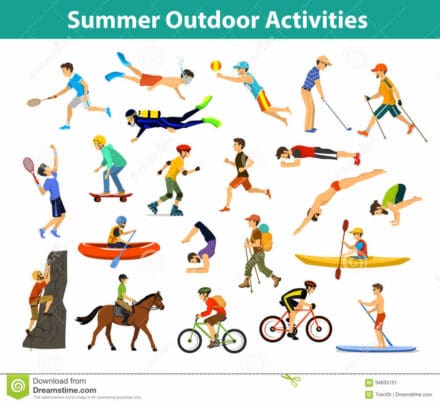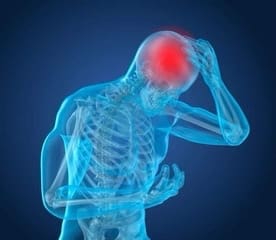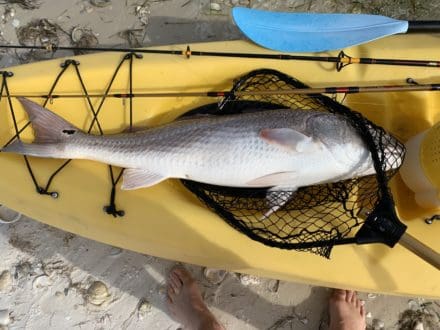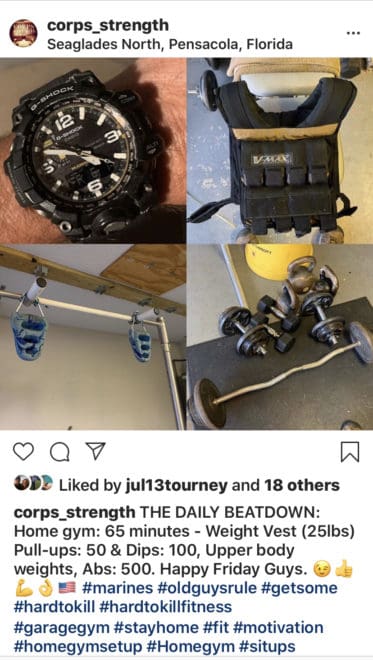Sorry guys, I know it’s been awhile since you’ve heard from me here on SSD. Between the shooting we had last Dec and now the COVID-19 Virus, here at the international School House we’re hanging on by our short hairs. It’s been and continues to be a tough time for our staff and students. But we are going forward as best we can. I say that as I know that many people are hurting now with the effects of this virus and its impact on their economic situation.
Just by the circle of the people I hang with and in my family. I had a couple of early indicators that this virus was going to be a big thing. My wife is an RN, my sister is a Nurse Practitioner in California, a good friend of mine (a former enlisted Marine), is a VA doctor in east Florida, my youngest son works at the National Institute of Health in DC and my main climbing partner is an emergency room tech across the bay. [Yes, it’s weird I have so many medical people in my life? I can’t explain it]. They all told me several weeks ago that this thing was coming and it was going to be serious. I kind of listened but in reality, I just ignored them (as I usually do) and just plowed on. Then on March 2nd a former Marine that I knew, suddenly died of the virus. He was only 43, in apparent good health and had no prior conditions? He tragically left behind a young family and I instantly knew this wasn’t just media hype.
Now as most of you know that what I write about here on SSD is fitness, nutrition and weight management, mostly as it relates to the military and 1st Responders. So you might say, “I don’t give a shit about PT with all this going on” and I get that gut reaction. But this is a time when people are very concerned about their health and while I’m not a doctor and wouldn’t presume to talk specifically about COVID-19, this whole situation is about health. Which PT and eating right can have a huge influence on. It’s also a very stressful time for millions of Americans. Maybe not directly from the virus itself, but more so from all the economic issues and forced life style changes.
So, my simple aim here is to provide some thoughts and ideas that may help some people find something good in all this. This actually can be is a good opportunity to “Reset” your current workout and eating program. Especially as many people have been sent home, either working from home, furloughed, or laid off. Plus, unless you live on Mars we’ve all been hearing about “social distancing” 24/7. Avoiding crowds at public places, parks, etc. and that includes gyms. However, on the other side of that, many people now may have some extra time to start up a new routine. The fact is people like resets. Like New Year’s resolutions, or any other dated event that gives them a starting point for a new diet and/or exercise routine. It’s very common for people in the military to start a new workout program when they go to, or return from a deployment. This can be a great motivational symbol. It’s more mental than physical, (and doesn’t always work), but is real never the less. But considering the current limitations, what would be the best way to do this?
So gyms are for the most part out and with that are classes like yoga, cross-fit, spinning, etc. Though you can do many of those classes through the internet, like if you have a Peloton bike and account, not cheap however. But physical get together group classes in a gym setup will probably will be out for quite some time, even after the main health issue passes. This is the time for home workouts and/or isolated workouts outdoors. Over the years I’ve always kept a basic amount of basic fitness gear where ever I was stationed. Back in the day when I was just starting out with all this, gyms (outside of your HS school, the Y, or the Boy’s Club), were far and few between. However, many people that were serious lifters had “gyms” in their homes. I actually got started competitive lifting that way. A high school wrestling teammate’s Dad was a nationally ranked Olympic and Power lifter. He offered to let members of the wrestling team lift there to strengthen us for wrestling. He was a really good athlete and a motivating coach, so after a few workouts I was much more interested in lifting that wrestling. I went on to complete and win a few meets. However, one of the biggest things I took from this experience was that though his “gym” was little more than a screened in porch (really fun during upstate NY winters), you could still get a great workout. He had a full set of Olympic weights and a power rack, but little else. He also had almost an entire basement full of weightlifting trophies he’d won from the workouts he did in that little gym. I learned first-hand that you don’t need $1000’s of dollars of expensive equipment, or a huge amount of space to maintain an very effective program.
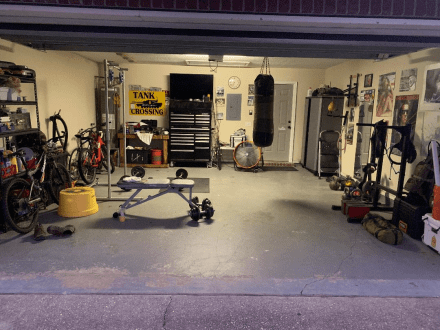
If you have a garage, porch, a spare bedroom, balcony or just a backyard you can set up your own home gym. The fact is you can do this is a very small space with zero equipment, by performing body weight only movements. I’ve worked out in some very small spaces aboard Navy ships and in different Marine offices, like my recruiting office. However, by adding a few relatively inexpensive items, you can really ramp up your program. I think that it’s in this area people make the wrong assumption of what you actually need. I think best way to build up a home gym is to add a little stuff as you go and buy quality gear, so it will pretty much last a lifetime. In the attached picture of my own garage setup, there are some Joe Weider plates that my dad and uncle first purchased back in the early 1950’s.
My first choice would be a door jam pull-up bar. IMO the best is the kind that can easily be taken up and down and cost less than 50 bucks. I like the type that work on your body weight better than the ones that expand into the door frame. They allow a greater range of motion, more room, different hand grips and don’t damage the door frame. As a more expensive but better choice is a freestanding “Power Tower”. This allows not only pull-ups, but dips and some ab workouts. More expensive, but a great addition to any home gym. In my garage I have a portable pull-up bar (you can see me use in my book), that was made many years ago by a guy that built circus equipment. It was expensive to buy at the time, but more than paid for itself over the years. So buy quality gear, which BTW isn’t always the most expensive. Do your research.
Next, I would add to that an adjustable set of dumbbells. In most cases if you get a set that will hold 40lbs for each dumbbell is plenty, though you can get them much heavier if you like. This is more expensive, but I think well worth it. I personally would avoid the new “high tech” dumbbell’s that you can adjust the weight by switching levers, etc. They are very expensive and IMO not as durable as the old school ones. I’m a big user of kettle bells and have several pairs of different weight sizes. They allow you to do some things you can’t do with dumbbells, but if I had to pick between two 40lb adjustable dumbbells and two 40lb kettle bells, I would take the dumbbells, as they are much more versatile.
There are a few more things that will allow you to do different exercises, like an adjustable bench, and a short barbell. From there your budget, space and ambition are the only limits. From my background as a boxer, I’ve always had a heavy and speed bag, and a jump rope (trust me on this, only buy a leather rope). If weights are your main thing and you have a sturdy floor, you could add a power rack, heavy duty bench and an Olympic weight set. The point is to start with quality basic equipment and add you go. I say that as I personally know many people that spent a lot of money on various “fad” workout machines, that now are just expensive book shelves and clothes racks.
That’s inside work, but outside you can still go out and run, hike, walk, ride a bike, etc. as long as you avoid other people. Strange to even talk like this, but it’s what we need to do for now. In my book I lay out a lot of different body weight, weight lifting and cardio workouts, and how to put them all together to make an effective program. Honestly though, there are 100’s of different good books and videos you can use, depending on what your specific goals and living situation is. The fact is that you can find many for free on line.
The main thing to remember from this is that during this stressful time, don’t neglect your health, to include your mental health. The worst thing you can do is just sit around, eat/drink too much and watch TV, or stay on line 24/7. Especially with the news and social media nowadays, watching too much will probably just piss you off and/or make you more stressed and depressed. Give yourself a break. If you have to work, or stay at home most of the time now, get yourself on a good routine. Get up early, PT, work, have scheduled meal times. Read more, organize your crap, etc. etc. If you can volunteer to help in your community do so, as there are some people out there that are worse off. I’m blessed to be healthy, still working and that’s the same with most of my family. But some friends are having a very hard time and it’s a good time to help them out if you can. Even if it’s just a phone call. I have a very close friend who is presently stationed in the south of Italy, their situation there is coming off the rails. He, his wife and young daughter have been basically locked down in their home for many weeks with no end in sight. We talk every few days, mostly about family and the lack of sports. For what it’s worth, it’s just talk, but I think it helps both of us.
Take a look at your present fitness routine and ramp it up if you can. You may even come out in better shape at the other end of this. In any case my prayers go out to you, your friends and family during these trying times. I know we will get through this and I hope I’ll be writing about something else next month. Till then
Be Safe Always, Be Good When You Can.
(Be Extra Safe and Extra Good in fact).
Semper Fi
